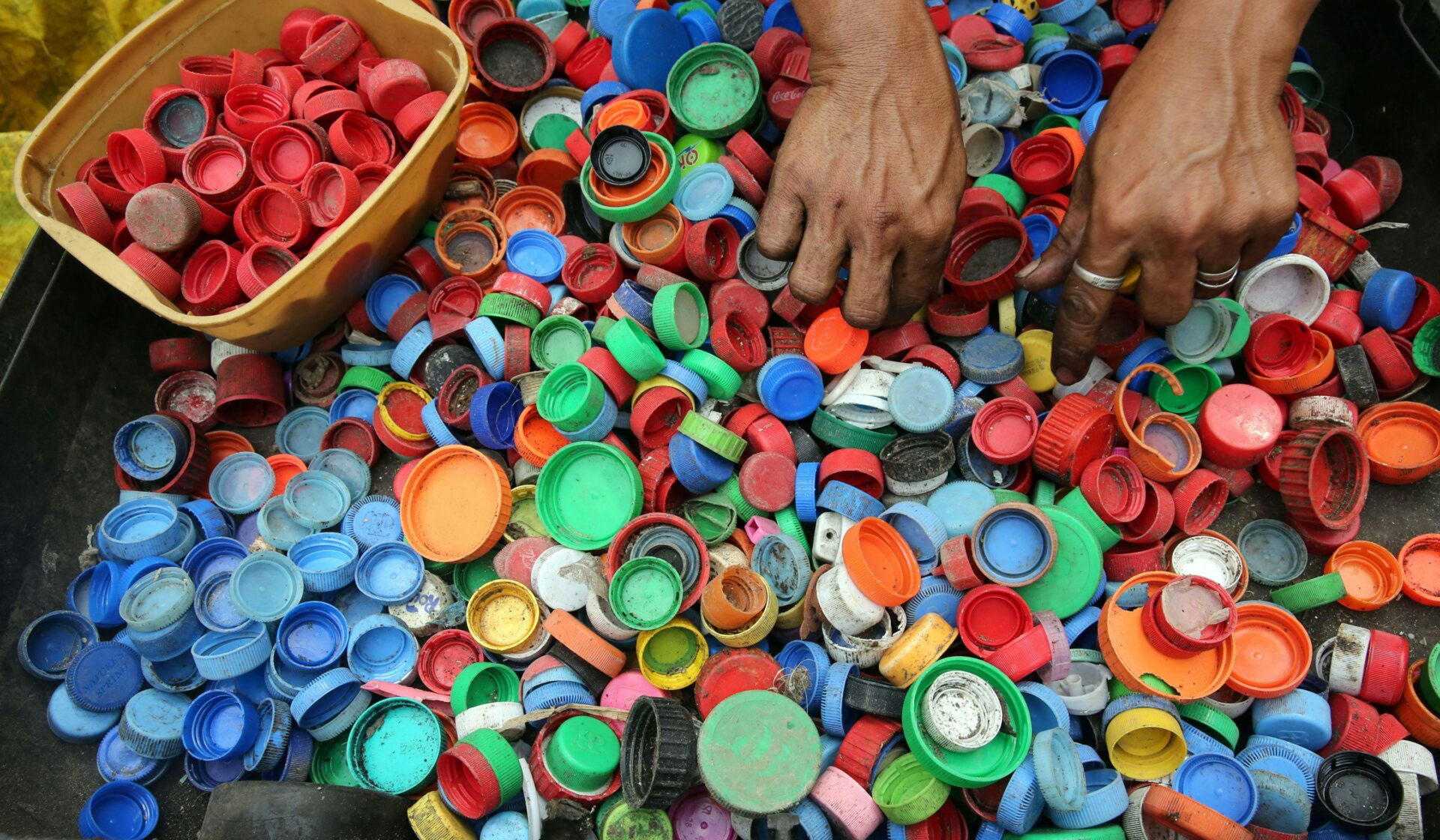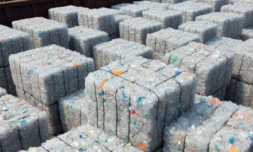Recent research published in Nature has revealed that the world’s second-most populous nation is contributing to a staggering one-fifth of all plastic production across the globe.
The amount of plastic that India produces has reached alarming proportions, surpassing all other nations globally.
According to recent research published in Nature, the country is responsible for approximately 20 per cent of all the world’s plastic waste.
This figure not only highlights the severity of the environmental challenges that India faces, but also how urgently action is needed to address this ever-worsening issue.
To blame for this surge is India’s rapid urbanisation and coinciding economic growth.
These factors have prompted a change in consumption patterns, with plastic now an integral part of daily life.
Though convenient, the churning out of packaging materials and disposable items comes at a hefty environmental cost and the sheer volume of waste this is generating is overwhelming waste management systems, many of which are already struggling to cope.
The impact of this stretches far beyond India’s borders, however.
Plastic pollution affects marine ecosystems, wildlife, and even human health.
Rivers like the Ganges and Yamuna have become conduits for plastic waste, carrying tons of non-biodegradable materials to the oceans.
This not only harms local aquatic life, but is compounding the microplastics problem that’s currently plaguing ecosystems across the globe.
Moreover, the improper disposal of plastic waste – such as burning it on open landfills – is contaminating the soil and driving up air pollution levels.
Releasing toxic chemicals this way presents a serious health risk to the communities living nearby, including respiratory issues, skin problems, and other life- threatening complications.
Seeking to tackle this, the Indian government has stepped in alongside various organisations and start-ups working with eco-friendly packaging and waste-to-energy projects.
Initiatives like the Swachh Bharat Abhiyan (Clean India Mission) have brought attention to the ineffectiveness of current waste management and several states have implemented bans on single-use plastics – though enforcement remains no easy feat.
With both the public and private sectors recognising this as something that demands immediate attention, recycling technologies, biodegradable alternatives, and circular economy models are also being explored.
Experts, however, argue that a more comprehensive, nationwide approach is necessary to tackle the scale of the problem effectively.
As it unfolds, the country’s efforts to address this issue will serve as a model for other developing nations facing similar challenges.
If its government, industries, and citizens continue to work together, India has the potential to turn this environmental crisis into an opportunity for sustainable innovation and growth.

















